Cakes da Killa: How the rapper says he found his voice amid homophobia in hip-hop
"To make everyone like me, that's very draining…I'm empowered by just existing."
When Lil Nas X came out as gay in 2019, the rapper was already an international sensation. His first single, "Old Town Road," featuring Billy Ray Cyrus, which blends country sounds with rap music, had gone viral.
While many praised the rising star for coming out, in an interview with the BBC at the time, the Grammy-winning rapper reflected on some of the backlash he experienced from people within both genres.
"Especially within the country and the hip-hop communities ... it’s not really accepted in either," Lil Nas X said.
Homophobia in hip-hop again became a national topic of discussion over the summer when rapper DaBaby made anti-LGBTQ comments, which included misinformation about HIV, that were widely criticized as homophobic by civil rights groups and various artists.
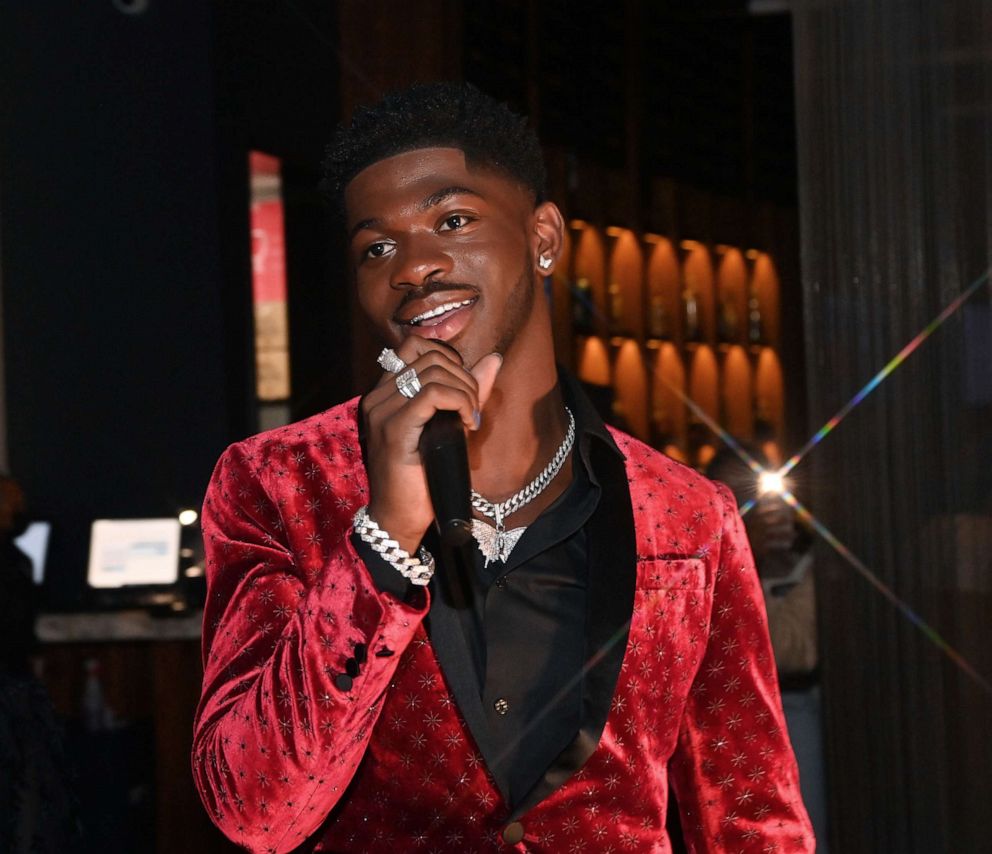
After nearly a month of mounting criticism, DaBaby apologized in August during a meeting with GLAAD and Black HIV advocates from various organizations.
Hip-hop journalist Davey D told ABC News that "hip-hop mirrors society," and in large segments of American society, masculinity is "narrowly defined" with elements of "roughness and toughness," and "to large segments of the population, that doesn't include being gay."
"That will forever be a challenge, you know, until we see a larger body of people -- which I see is growing -- come and redefine [that] landscape," he said.
One of those people referenced by Davey D is rapper Cakes Da Killa.
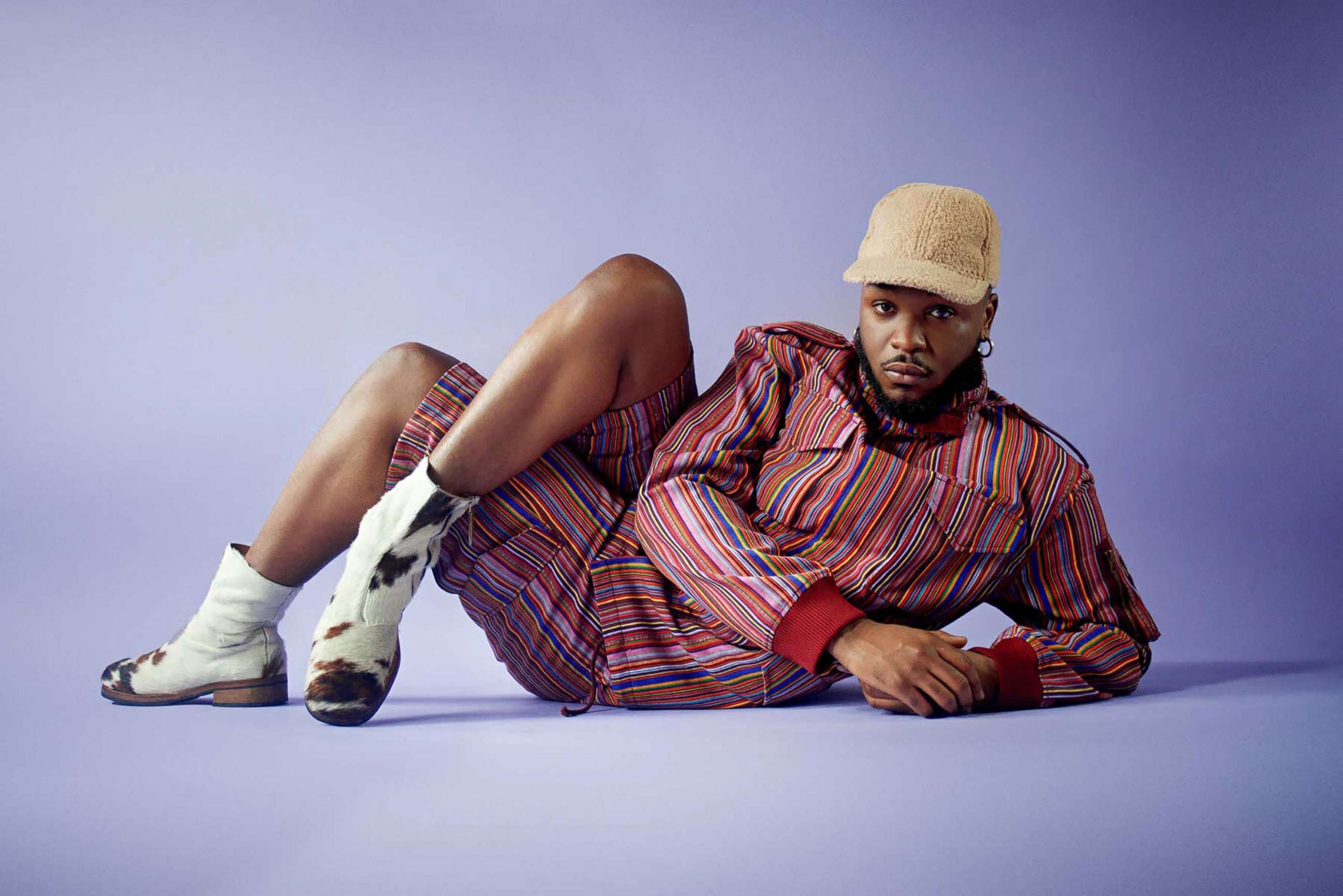
Cakes da Killa, whose full name is Rashard Bradshaw, released his latest EP "Muvaland Vol. 2" in July, and he released his short film "Visibility Sucks" in August, a semi-biographical production that tells the story of a struggling artist.
The rapper, who is known for hits such as "Don Dada" and also for mixing elements of hip-hop with house and electronic sounds, credited social media with giving a platform to artists like himself.
"I'm a product of social media," he told ABC News. "I don't think without social media that artists like Cakes da Killa [would] have been able to tour internationally ... because there was no way in hell the industry was gonna let me in."
Over the past decade, the rapper became a prominent voice for LGBTQ representation in hip-hop after he carved a place for himself in the underground scene.
The rapper, who started his career as an openly gay artist about a decade ago in New York City, said that he is often asked to weigh in on the topic of homophobia within hip-hop and recalled his appearance in 2014 on the iconic hip-hop station Hot 97 as a guest on "Ebro in the Morning."
For Cakes, it was a career highlight, but he admitted that the conversation "felt weird" because he was asked about his sexuality. That’s when he said he realized that being a gay rapper was a topic of discussion in the media.
"It was basically like, if you're gay and you go to college, and then you come back home for the holidays, and you have to talk to like your uncle, who doesn't know any gay people about like, being gay," he said, describing the conversation.
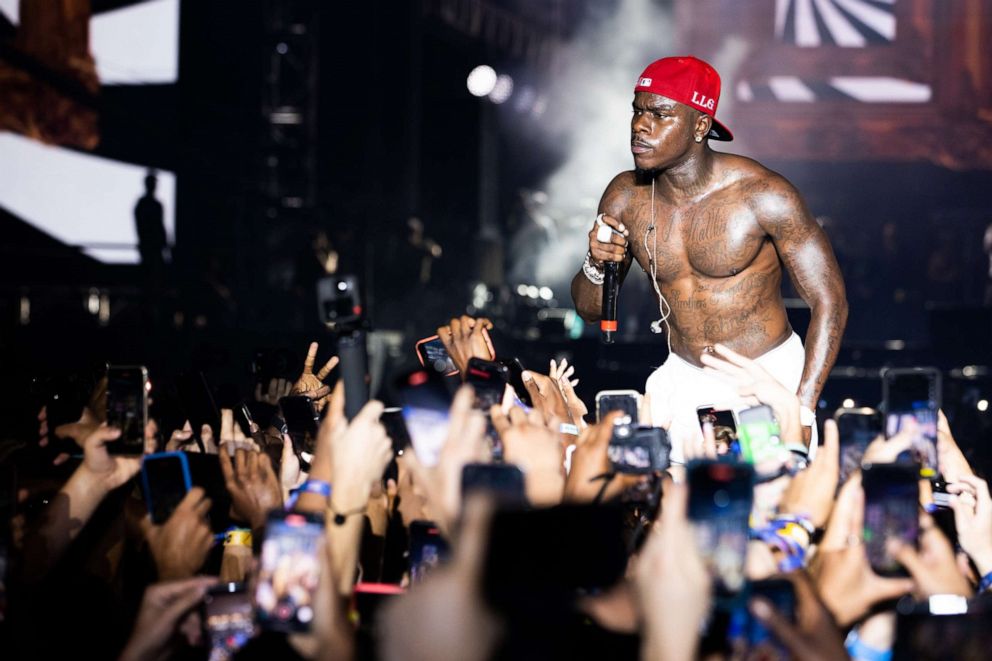
LZ Granderson, host of ABC News’ “Life Out Loud,” told ABC News that DaBaby's comments were an example of the "toxic masculinity" present within the genre of hip-hop that often plays into how artists present themselves through their public image and their music.
"There can be caricatures of masculinity and toxic masculinity … and that is unfortunate," Granderson said. "Because as we know, what that does is create a situation that makes it seem as if misogyny, homophobia and transphobia are acceptable to not just hip-hop music, but the culture of hip-hop."
Asked about the backlash against DaBaby, Cakes said that though having conversations about homophobia within hip-hop is important, he feels that the "more meaningful conversation" is to "bring it to the house."
"For me, I don't care what DaBaby thinks. My main thing is like, what does my aunt feel about me being gay? You know, like, what does my mother feel like? You know, I think when we start having conversations on that type of level ... to me, that's more beneficial," he said.
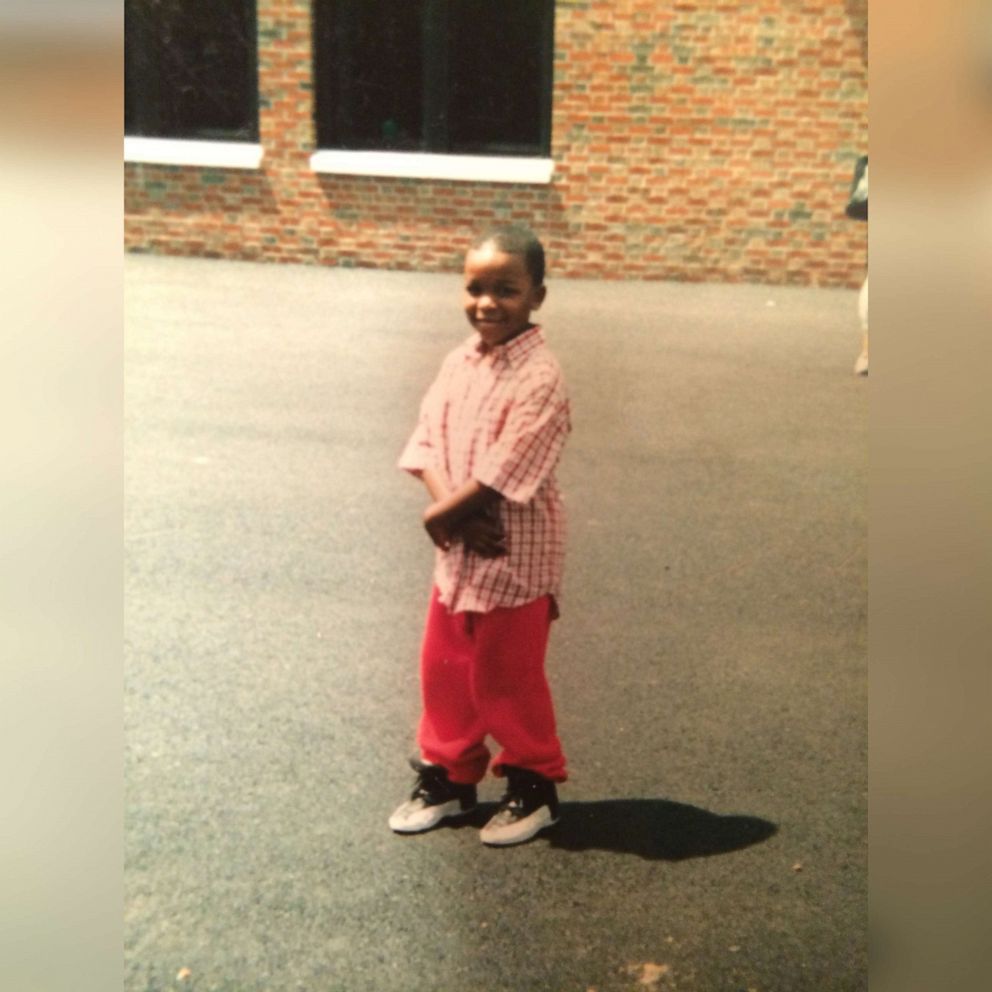
As a child growing up in the late 1990s in New Jersey, Cakes said that conversations about gay rights were missing from the mainstream dialogue, and it wasn’t until he watched a documentary that examined the Stonewall uprising that he was able to find the language that best describes his identity.
The documentary was about the 1969 police raid on the Stonewall Inn, a popular bar for the gay community in the Greenwich Village neighborhood of New York, which sparked a series of riots that led to the rise of a gay rights movement.
"That gave me the language to be like, I know who I am. This is what I am. I'm not different. I'm not alone. And I was able to have, you know, an identity," he said. "So from then, yeah, I was able to tell my mom that I was gay."
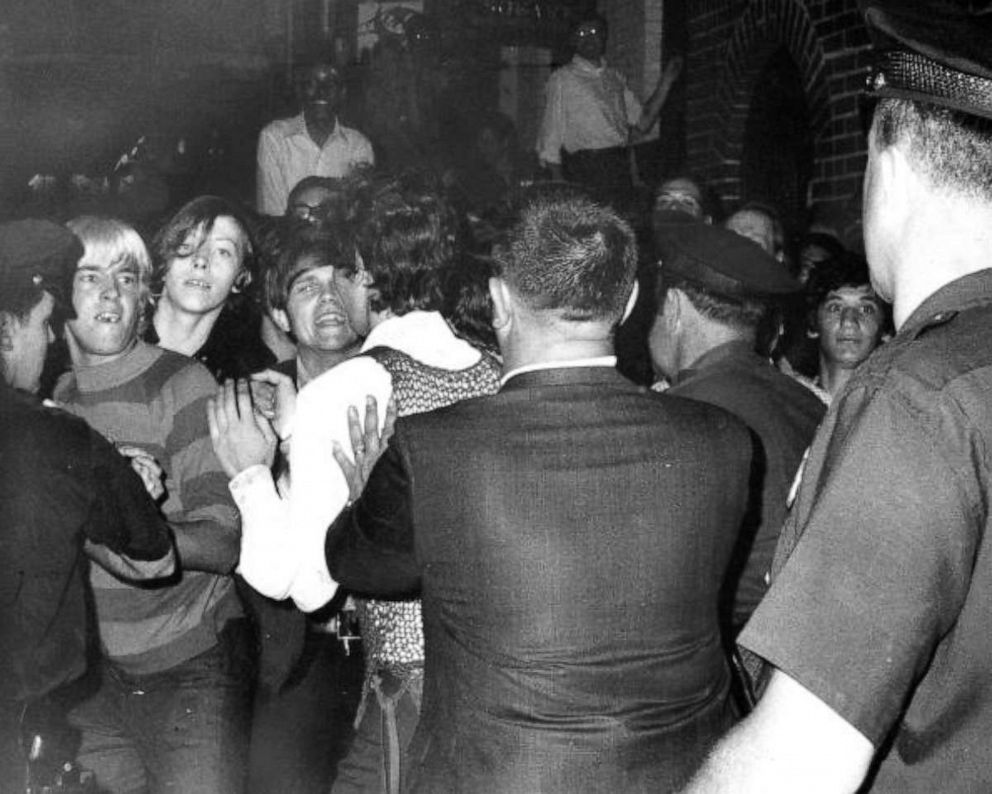
He was in the third grade at the time.
Cakes said that while his mother was initially "shell-shocked" because she was not prepared for him to come out, especially at such a young age, but "she ended up coming around to it."
The rapper said that having a support system of friends and family is important, "and being gay and being Black, we have that down pat, because we're outliers to the world a lot of the time."
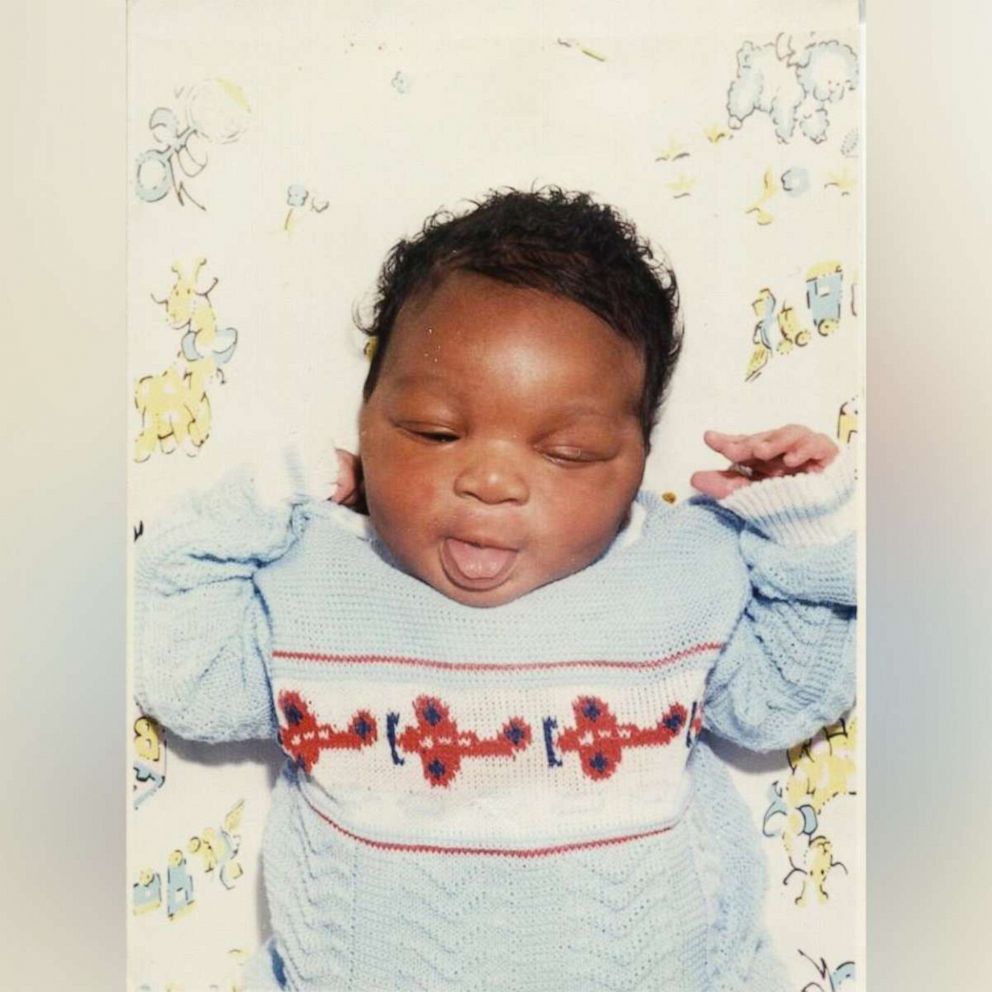
But he said that in his journey, "the support started with myself."
Cakes said that for him, it is important to reject the "victim narrative" and embrace a narrative of empowerment, despite the challenges that he faces in the industry.
"Just being a Black male artist, yes, there are going to be people that do not agree with effeminacy or two men kissing or things like that, but at the end of the day, I think what's so beautiful about the time that we're in now [is] people have the platform to just do it anyway," he said.
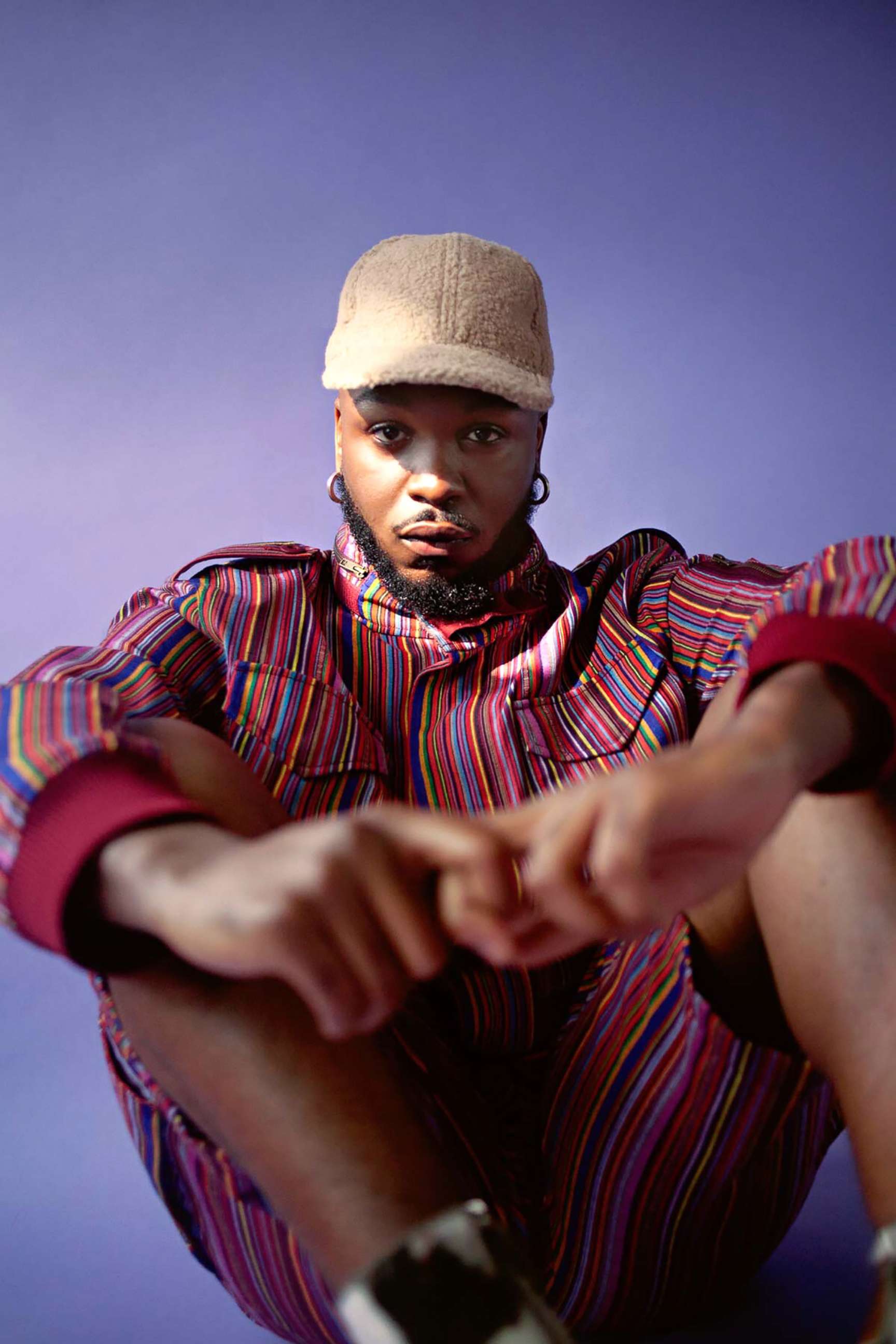
"Everyone is not gonna agree with what you feel. And I don't exist to make everyone like me. That's very draining … for me, I'm empowered by just existing," he added.
ABC News' Micah Washington contributed to this report.




